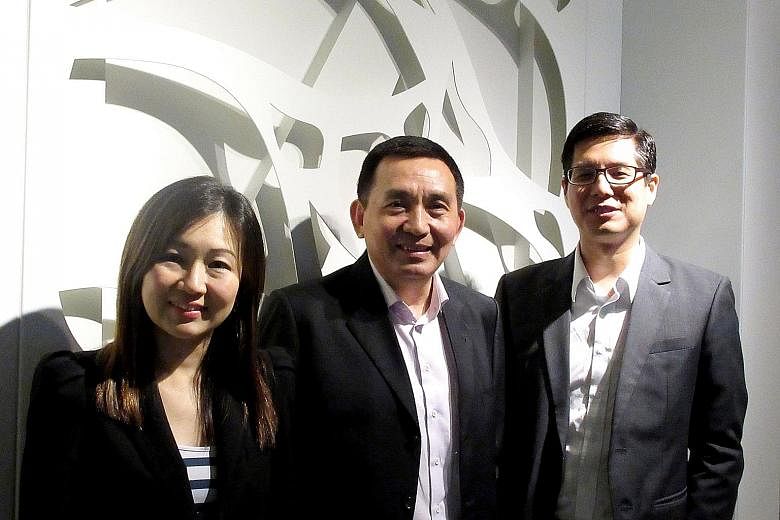Almost nine in 10 small and medium-sized enterprises (SMEs) in Singapore say their immediate priorities of handling daily operations are more important than mapping out a long-term business strategy.
At the same time, in a new survey, they report having had to shelve measures such as taking the business offshore, replacing ageing infrastructure and developing equity partnerships because of a lack of time or budget.
The SMEs also said they have been unable to effectively come up with solutions to build big-data capability for business analysis and development, and to formalise succession planning.
The findings came in a 2016 American Express CFO Future-proofing Survey on SMEs here, released yesterday.
The survey, carried out by industry analyst East and Partners Asia over a five-week period ended on April 22, involved interviews with 253 chief financial officers (CFOs) of SMEs in the retail, manufacturing, technology and telecommunications, transport and freight, wholesale, and financial services.
The survey also found that 62 per cent of SME CFOs do not have a game plan to stay competitive in the volatile global economic environment.
Mr Nigel Fox, vice-president and general manager of global corporate payments at American Express Singapore, said: "SMEs need a long-term game plan to manage risk during unpredictable times.
-
90%
Of small and medium-sized enterprises (SMEs) say daily operations are more important than mapping out a long-term business strategy
-
62%
Of SME CFOs do not have a game plan to stay competitive in the volatile global economic environment
-
65%
Identified e-commerce as key to sustaining a competitive edge
"Also crucial are an organisational culture adept at being agile, supportive business tools and technology to automate processes, and cash flow management solutions. These allow businesses to be long-term oriented but also have the ability to ride on short-term market opportunities and trends."
The SMEs have identified key priorities over the next year: improving cash flow management, mergers and acquisitions, selling the business or finding larger premises, investing in new sales and marketing approaches, and cost-cutting.
About two-thirds of the CFOs identified e-commerce as key to sustaining a competitive edge, while 52 per cent of them noted the importance of the agility to adapt quickly to market changes.
Forty-seven per cent of the CFOs agreed that product and service differentiation is vital for business competitiveness.
Mr Koh Tat Liang, assistant executive director of the SME committee secretariat and capacity-building division at the Singapore Business Federation, said innovation, internationalisation and talent retention are vital to SME competitiveness.
Ms Chua Sher Lin, CFO of Koufu, which operates 80 food centres in Singapore, said CFOs are becoming more involved in devising growth strategies beyond budgeting, financial compliance and risk management.
Mr David Cheah, CFO of luxury goods retailer Reebonz, said mobile applications, as a crucial component of omnichannel marketing, are the way to go in future-proofing businesses.

